SUMMARY
This is AI generated summarization, which may have errors. For context, always refer to the full article.
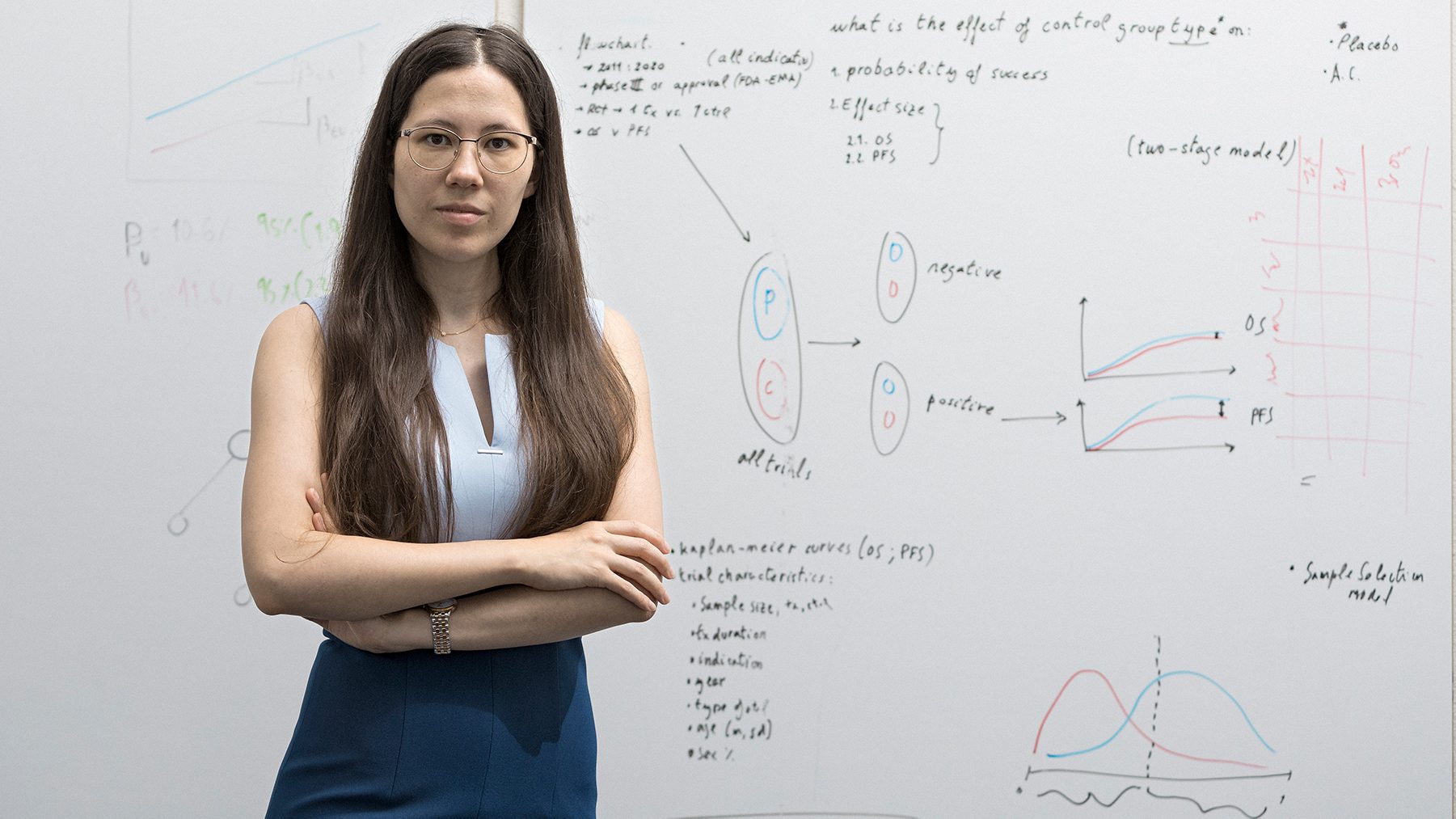
CAGAYAN DE ORO, Philippines – A Filipino Swiss with Cagayan de Oro roots is working to improve access to cancer medicine across continents, and she has gained recognition for her efforts at the University of Zurich.
For her work, Kerstin Noëlle Gorra-Vokinger bagged a national science award in Switzerland.
The Swiss National Science Foundation (SNSF) gave Gorra-Vokinger the 2022 national science award for her outstanding achievements in basic science on November 3.
Specifically, Gorra-Vokinger received the prestigious Swiss Science Prize Latsis for her research work at the University of Zurich on medicine and law.
The focus of her research was on how drugs with high therapeutic value, such as those used to fight cancer, can be made easily accessible and affordable even in poor countries.
“The prize is an unexpected and great honour for me and my research team. I am very grateful to the Latsis Foundation and the SNSF for this award. It motivates us in our efforts to develop solutions that improve society’s access to medicine and innovative technologies,” Gorra-Vokinger said.
Swiss Science Prize Latsis – formerly National Latsis Prize – rewards researchers up to the age of 40 for outstanding achievements in basic science. Their works are distinguished by high degrees of independence and scientific quality.
The SNSF awards the prize annually to one person on behalf of the Latsis Foundation of Geneva. The winner is chosen by the National Research Council.
In her work, Gorra-Vokinger deals with questions of relevance to science and society, such as the pricing of medicines for cancer treatment, personalized medicine, and the regulation of innovative technologies.
The issues that Gorra-Vokinger addresses are of relevance to the public authorities, international organizations, industry, and legislation in the fields of medicine and technology.
Currently, she heads a team of legal experts, medical doctors, economists, and statisticians working to improve access to medicine such as cancer drugs, gene therapies, and other innovative technologies like artificial intelligence.
Gorra-Vokinger’s group combines legal and empirical analysis and, based on the results, they propose concrete policy solutions to governmental authorities and international organizations.
“We are hopeful that our studies and proposed solutions will be helpful to society,” said Gorra-Vokinger.
She has made presentations at the United Nations (UN) and other places about access to medical devices by low- and middle-income countries.
Gorra-Vokinger is a law and medicine professor at the University of Zurich, a faculty associate at Harvard University, and an affiliated faculty at Harvard Medical School.
She studied law and medicine in parallel at the University of Zurich out of interest. The Filipino-Swiss is a medical doctor, a Juris Doctor, holds a Ph.D., and has a master’s degree in law from the Harvard University Law School.
“In the course of my career, I noticed that the two disciplines are a good combination. In my research, I can now bridge the two disciplines,” she told SNSF.
Gorra-Vokinger said she is very proud of her Cagayan de Oro roots. Her mother, Marita De Castro-Gorra, is a Kagay-anon who grew up in Ramonal Village and studied at the Lourdes College High School in Northern Mindanao’s capital city.
Gorra-Vokinger has a word of encouragement for Filipinos, especially Kagay-anons, who dream to pursue science work.
“I highly recommend a career in science. It’s hard work but can also be very rewarding. Enabling access to medicine and innovative technologies is an important challenge in countries across the world, including the Philippines. To develop the best solutions for patients and society, it’s crucial that science involves scientists across nationalities, including Filipinos.”
Her aunt, former Cagayan de Oro-based broadcast journalist Annie Gorra, said, “The whole family is proud of Kerstin and what she has accomplished and is doing. Kerstin has never forgotten her roots. When she was at Harvard, she was very open about being Filipino. We hope that more Filipinos, especially those from Cagayan de Oro, will be inspired by her accomplishments and pursue a career in sciences.” – Rappler.com
Add a comment
How does this make you feel?
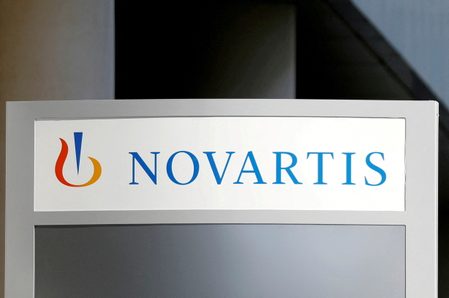
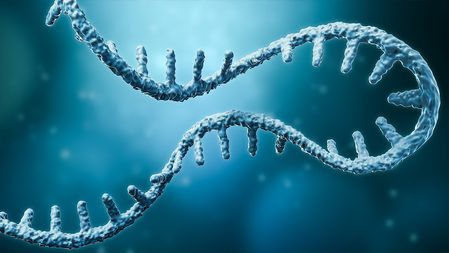


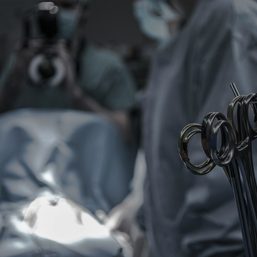

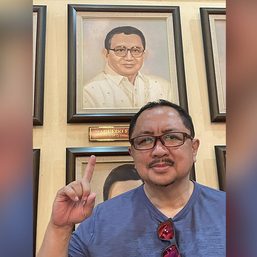



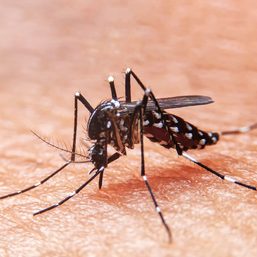
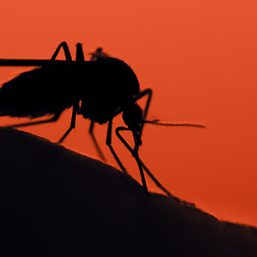





There are no comments yet. Add your comment to start the conversation.